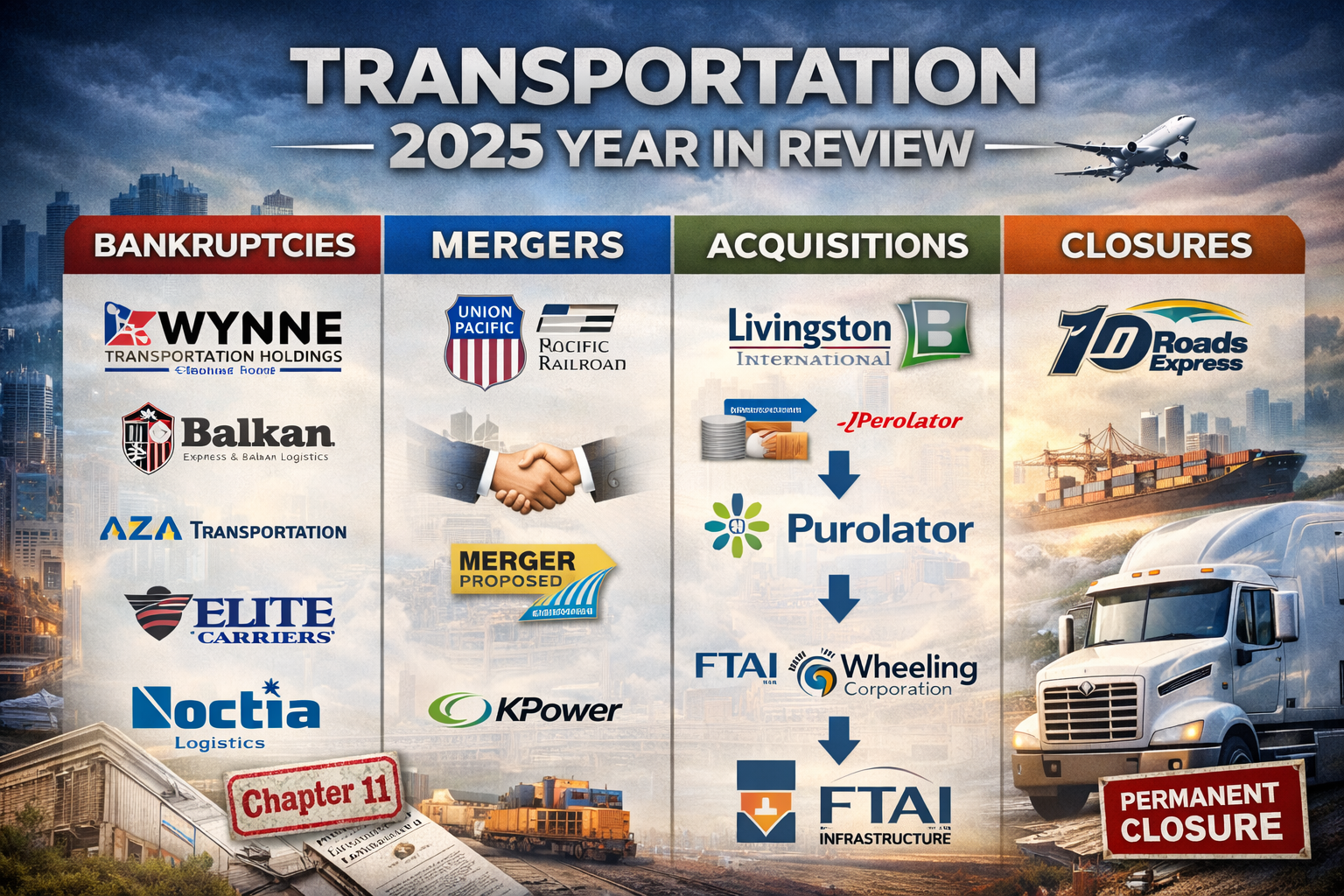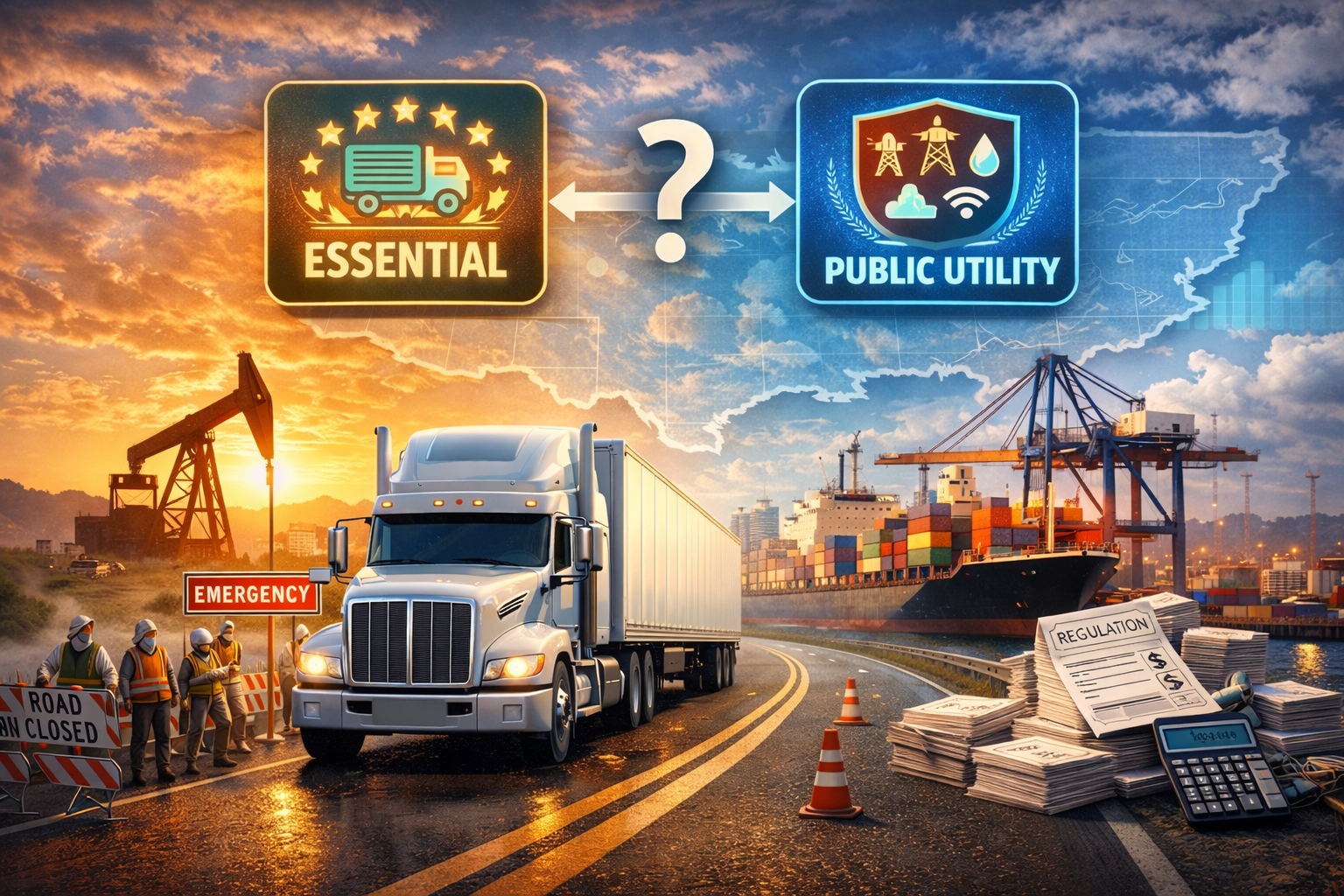Sales Tax Rules for Maritime Equipment
Share this Article:
Maritime operations rely on specialized equipment, from engines and sonar systems to replacement parts and repair labor. These purchases often trigger state sales tax, but the rules are inconsistent. Some states apply tax at the point of sale. Others exempt certain purchases if the vessel is used in interstate commerce or meets size and capacity thresholds.
For companies managing fleets across coastal regions, understanding where tax applies and how to document exemptions can impact margins. Overpaying cuts into profitability. Underpaying can trigger audits, penalties, and interest. Many maritime operators are surprised to learn how often incorrect tax treatment comes down to misclassifying equipment or missing paperwork.
Understanding Sales Tax in the Maritime Industry
Sales tax rules were not designed for maritime operations. Most states apply general tax laws, leaving companies to interpret how those laws apply to vessel equipment and usage. In many cases, there's no clear guidance.
A navigation system purchased for installation on a vessel may be taxed in one state and exempt in another. Some states focus on how the equipment is used. Others look at where it’s delivered or who installs it. Definitions vary, and the same item can receive different tax treatment based on how it's documented.
Labor charges create similar issues. Repairs performed in port might be taxable if labor and parts are combined on one invoice. If the charges are separated, the labor may qualify for exclusion, depending on the state. That distinction can affect audit outcomes, even when the purchase itself seems routine.
Operators working across multiple states face even more confusion. Each state applies its own rules, and few align their requirements. When vessels operate across jurisdictions, it becomes harder to track where tax applies and how to stay compliant.
What Maritime Equipment Is Subject to Sales Tax?
Maritime companies deal with a wide range of equipment, and tax treatment depends on both the item and the state. Some purchases are taxed across the board. Others qualify for exemptions, but only if specific conditions are met. Below is a breakdown of common equipment categories and how tax usually applies:
- Engines and propulsion systems
Often taxable. Some states allow exemptions if the vessel is used in commercial operations or crosses state lines regularly. - Navigation and communication systems
Items like radar, sonar, GPS, and radios are commonly taxed. Exemptions may apply when these systems are installed on qualifying vessels. - Deck and safety equipment
Includes life jackets, fire extinguishers, winches, and anchors. These are usually taxable unless purchased as part of a vessel construction or refurbishment. - Replacement parts
Most states tax these, even if the original equipment was exempt. Documentation is key when claiming any type of exemption.
- Maintenance tools and consumables
Ropes, fuel additives, cleaning agents, and hand tools are typically taxed. Exemptions may apply in limited use-case scenarios. - Custom-fabricated parts or upgrades
States vary in how they treat these charges. Some tax the entire invoice. Others exclude labor if it’s listed separately. - Repair labor
If labor and materials are combined on the invoice, tax often applies to the full amount. When billed separately, some states allow labor to be excluded.
Misclassification is common, especially when equipment is purchased from vendors unfamiliar with maritime operations. The wrong tax treatment adds up over time and can attract scrutiny during audits.
State-by-State Variability in Sales Tax Rules
Maritime businesses rarely operate in just one state. That creates challenges when each state applies different rules to the same transaction. What qualifies for an exemption in Florida might be fully taxable in California. Some states require exemption certificates. Others rely on affidavits or impose strict timelines for submitting paperwork.
In states like Louisiana or Texas, equipment used on vessels engaged in interstate commerce may be exempt from sales tax if specific documentation is provided at purchase. In contrast, states like New York may only offer exemptions for certain vessel sizes or usage types, such as commercial fishing or government contracts.
A few examples of state-specific differences:
Florida: Offers exemptions for vessels that leave the state within a set number of days after purchase or repair. Missing that deadline can trigger full tax on the transaction.
California: Imposes use tax on equipment brought into the state, even if the purchase occurred elsewhere. The rules apply based on use, not just point of sale.
Washington: Requires sellers to retain exemption certificates for maritime purchases, or else collect full tax. Auditors often review these documents closely.
Texas: Allows exemptions for vessels used in foreign or interstate commerce but requires that the vessel meet a minimum tonnage requirement.
Sales Tax Exemptions and How to Qualify
Exemptions can reduce costs, but each state sets its own rules. Most require proper documentation at the time of sale and proof that the equipment meets specific use criteria. Here are the most common exemption types:
- Interstate or foreign commerce
Applies to vessels that regularly move goods or passengers across state or national lines. States may require logs, bills of lading, or other evidence of qualifying activity. - Commercial use
Covers equipment used in business operations like fishing, freight, or towing. Personal and recreational use typically disqualifies the purchase.
- Resale or lease
Purchases for resale or rental may qualify if the buyer provides a valid resale certificate accepted in that state. - Out-of-state delivery
If equipment is delivered or installed outside the taxing state, sales tax may not apply. Shipping documents are usually required. - Processing or manufacturing
Some states exempt vessels involved in seafood processing or similar production activities.
In most cases, missing forms or unclear documentation lead to denial. Refunds for overpaid tax are possible but take time and require strong records.
Common Compliance Challenges for Maritime Companies
Tracking tax rules across multiple states is one of the biggest issues maritime companies face. Even when purchases seem routine, small details like invoice formatting or delivery location can change the tax outcome.
Common problems include:
- Missing or incorrect exemption certificates
- Equipment delivered across state lines without proper documentation
- Labor and parts combined on invoices, triggering tax on the full amount
- Vendors charging tax by default, even when the purchase qualifies for exemption
- Failure to track use tax on out-of-state purchases
These errors often go unnoticed until an audit. By that point, the cost is higher and harder to reverse.
How Transportation Tax Consulting Supports Maritime Businesses
Transportation Tax Consulting works directly with maritime companies to help reduce tax costs and avoid compliance issues. We focus on identifying where sales tax is being overpaid, where exemptions are being missed, and where exposure is building up. That includes reviewing vendor practices, documentation, and tax treatment across states.
When audits happen, we step in to manage the process and respond to findings. When planning purchases or expanding into new states, we help structure transactions to minimize unnecessary tax. The goal is to give maritime operators more control, fewer surprises, and better results.
If you're unsure how sales tax rules apply to your equipment or operations, schedule a consultation today. We’re here to help you stay compliant and lower your tax burden.
Share with Us:




